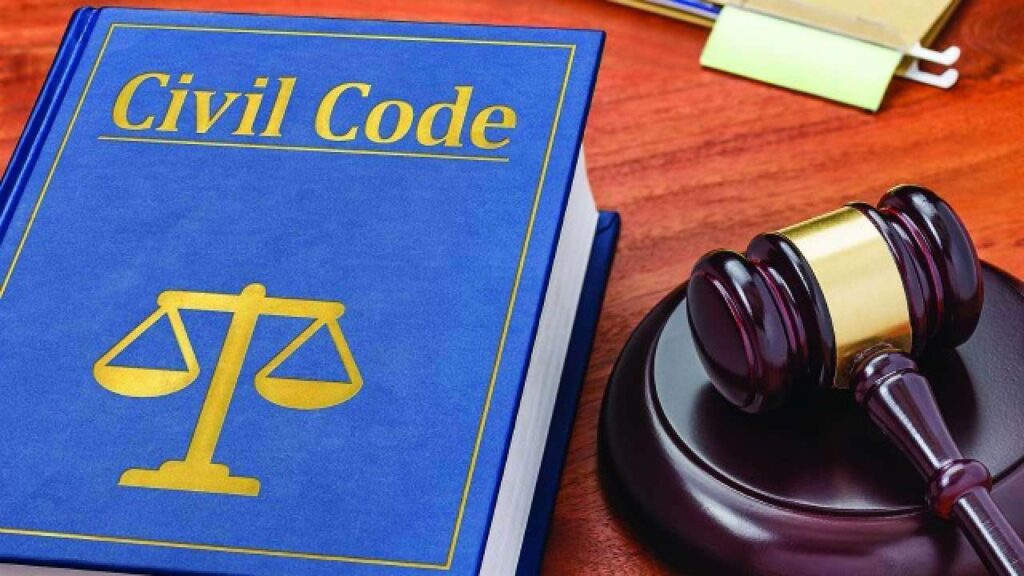President Droupadi Murmu has authorized the 23rd Law Commission to concentrate notably on the Uniform Civil Code (UCC). Additionally, the Commission will review socio-economic law impacting the underprivileged, evaluate current statutes to advance gender equality, and address other related issues The new panel has been assigned the responsibility of enhancing and restructuring laws in alignment with the Directive Principles of State Policy.
Directive for Law Review and Reform Based on Directive Principles
In the order released by the law ministry late Monday, one of the Law Commission’s directives is to “review current laws in the context of the Directive Principles of State Policy, propose improvements and reforms, and recommend any new legislation needed to implement these principles and achieve the objectives outlined in the Preamble of the Constitution.”
Also Raed:IIT-Bombay Placements: Only 75% Secured Jobs, Lowest Salary Falls to ₹4L/yr
Article 44 of the Directive Principles of State Policy declares that it is the State’s responsibility to ensure a Uniform Civil Code (UCC) is applied to all citizens throughout India.
On August 31, the term of the 22nd Law Commission concluded. This commission had been operating without a chairperson for several months, and its major report on the UCC was still pending completion.
A Uniform Civil Code (UCC) has been a central promise in the BJP’s successive election manifestos.
In essence, a UCC involves implementing a single legal framework for all citizens, irrespective of their religion. This common code would likely encompass personal laws and regulations related to inheritance, adoption, and succession.
New Law Commission Focuses on Modernizing Legislation
The new Commission will concentrate on abolishing outdated laws and further efforts to eliminate colonial-era legislation. Moreover, the panel is also responsible for identifying laws that no longer align with contemporary economic needs and requirements, and proposing necessary amendments.
The new law panel has been established for a three-year term and includes the possibility of appointing serving Supreme Court and high court judges as its chairperson and members. The panel offers the government guidance on intricate legal matters. Once the panel is formed, the government begins the process of selecting its chief and members.
Also read:Revanth Reddy Slams KTR from the US Amid Telangana Flood Crisis











More Stories
Box Office Collection: वीकेंड खत्म होते ही ‘भूल चूक माफ’ की कमाई में भारी गिरावट, जानें बाकी फिल्मों का भी हाल
Kangana Ranaut hails Clint Eastwood for working at 95, calls him ‘yogi’: ‘People like him make artists look so good’
Norway Chess: नॉर्वे शतरंज टूर्नामेंट में विश्व चैंपियन गुकेश ने कार्लसन को हराया, पिछली हार का भी लिया बदला